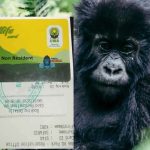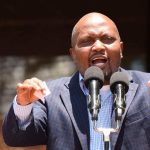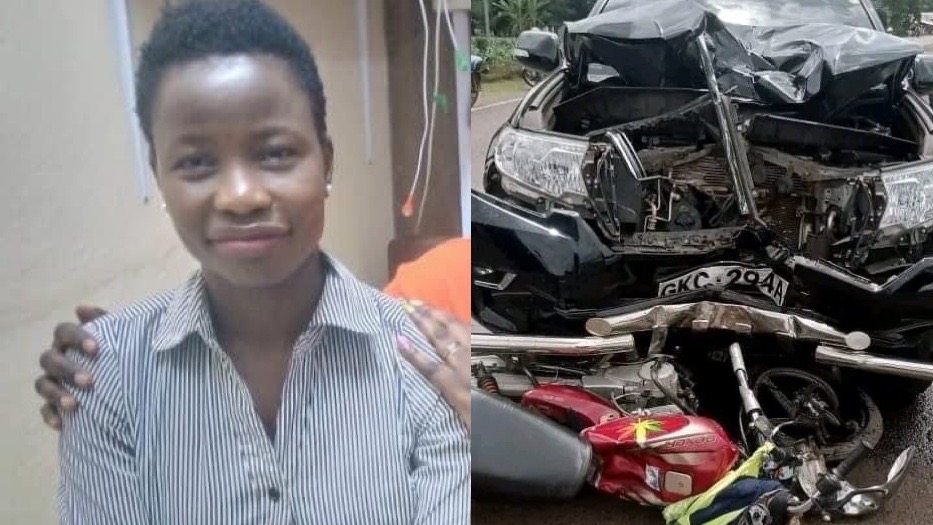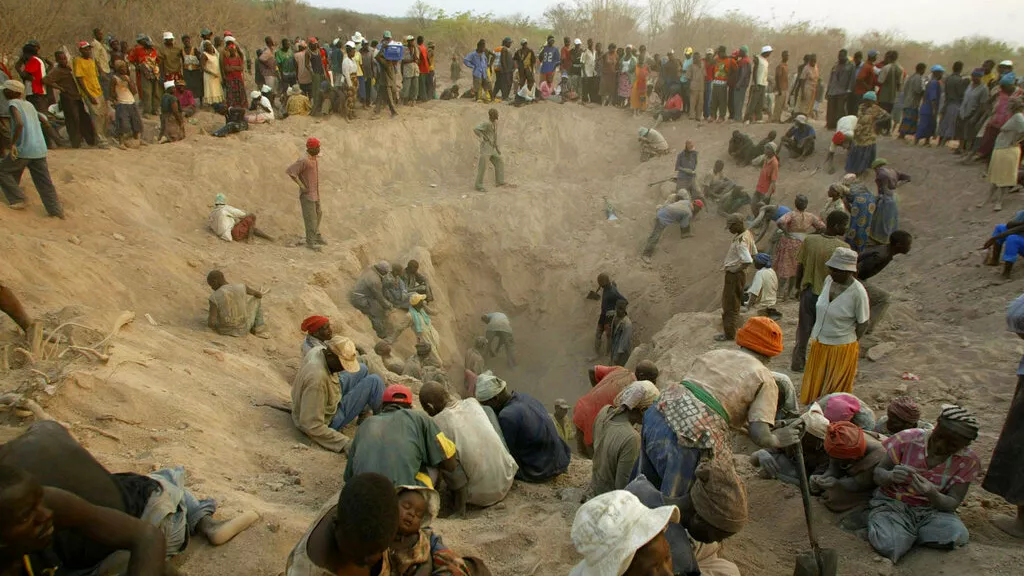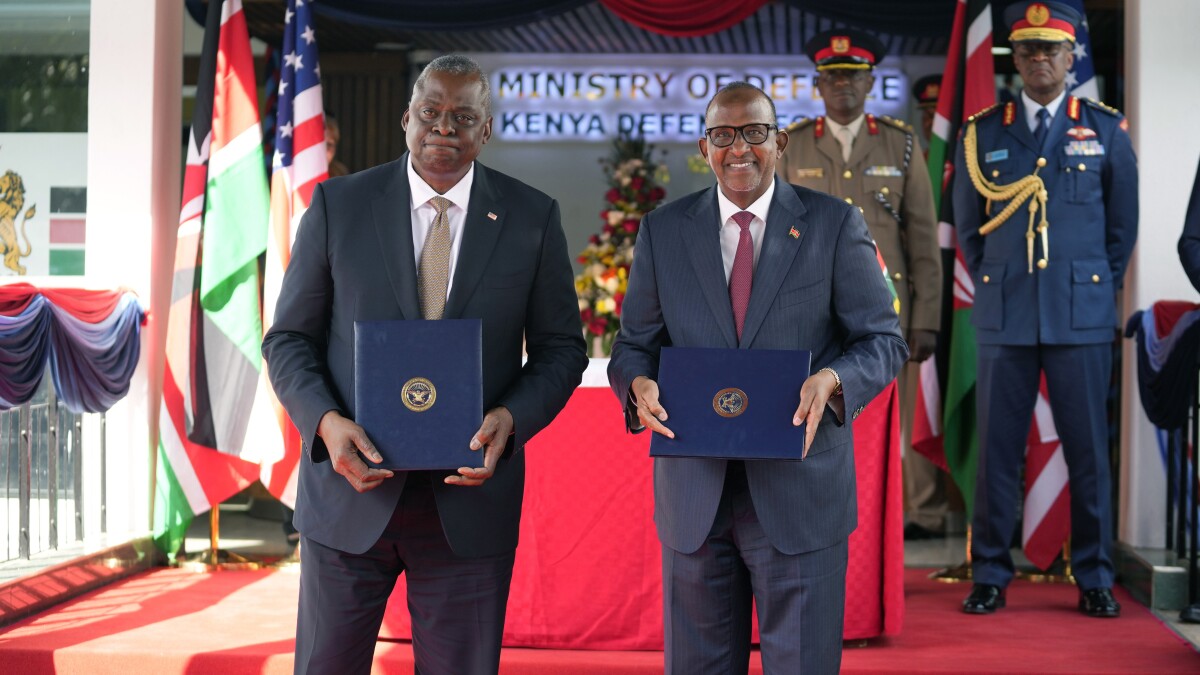Liberia’s former international football star, George Weah, is running for a second term as the president of Liberia in the upcoming elections on Tuesday. Voters’ main concerns revolve around peace and development.
A group of men gathered under a tin roof near a petrol station in Buchanan, discussing their priorities for the presidential and parliamentary polls scheduled for October 10. They emphasized the need for improved healthcare, education, roads, job opportunities, and lower living costs. However, the most significant concern in a country scarred by past civil wars remains peace.
Melvine Zoega, 37, expressed their collective sentiment, stating, “What we expect most is peace.” Liberia endured more than 250,000 casualties during the conflicts that occurred between 1989 and 2003.
The leading political parties have promised a peaceful vote, but recent clashes resulting in the deaths of three individuals among supporters of the main political parties have raised concerns of a resurgence of violence.
David Tokpah, 55, advised the youth, saying, “We should accept the winner, whether it’s our candidate or not. The past war was dreadful, and we don’t want that to happen again.”
Authorities have pledged to identify troublemakers, while the electoral commission seeks to assure people of its ability to organize fair and credible polls. International observers from the European Union, the African Union, the West African bloc ECOWAS, and the United States are deployed to monitor the elections.
George Weah is facing 19 candidates, and a second round of voting is set for early November unless a candidate secures an unlikely absolute majority in the first round. Liberia’s 2.4 million voters will also elect the 73 members of the House of Representatives and 15 members of the Senate.
Joseph Boakai, a former vice president from the Unity Party, is among the frontrunners for the presidency. He has vowed to restore the country’s image, develop infrastructure, and improve living conditions for the poorest in Liberia.
Over a fifth of the population lives on less than $2.15 a day, according to the World Bank, and the cost of staple foods has risen significantly. Boakai presents himself as an honest alternative to Weah, accusing the incumbent president of overseeing a corrupt system.
George Mobo, a 30-year-old resident of Monrovia’s West Point slum, prioritizes education, peace, and job creation. He and his friends believe President Weah has made positive strides in these areas, emphasizing Weah’s role in building roads, providing free education, and managing the country during the COVID-19 pandemic.
George Weah’s popularity stems from his iconic status as the first and only African to win the Ballon d’Or award in 1995. Born and raised in the slums of Monrovia, he is especially popular among Liberia’s young population, which constitutes over 60 percent of the country.
Campaign posters featuring Weah alongside his running mate, Jewel Howard-Taylor, can be seen throughout the capital, and his party, the Congress for Democratic Change, has been conducting street processions with music praising Weah. Weah’s main rivals include former Coca-Cola executive and philanthropist Alexander Cummings and human rights lawyer Tiawan Gongloe. The results they achieve could be pivotal in the run-off election.



